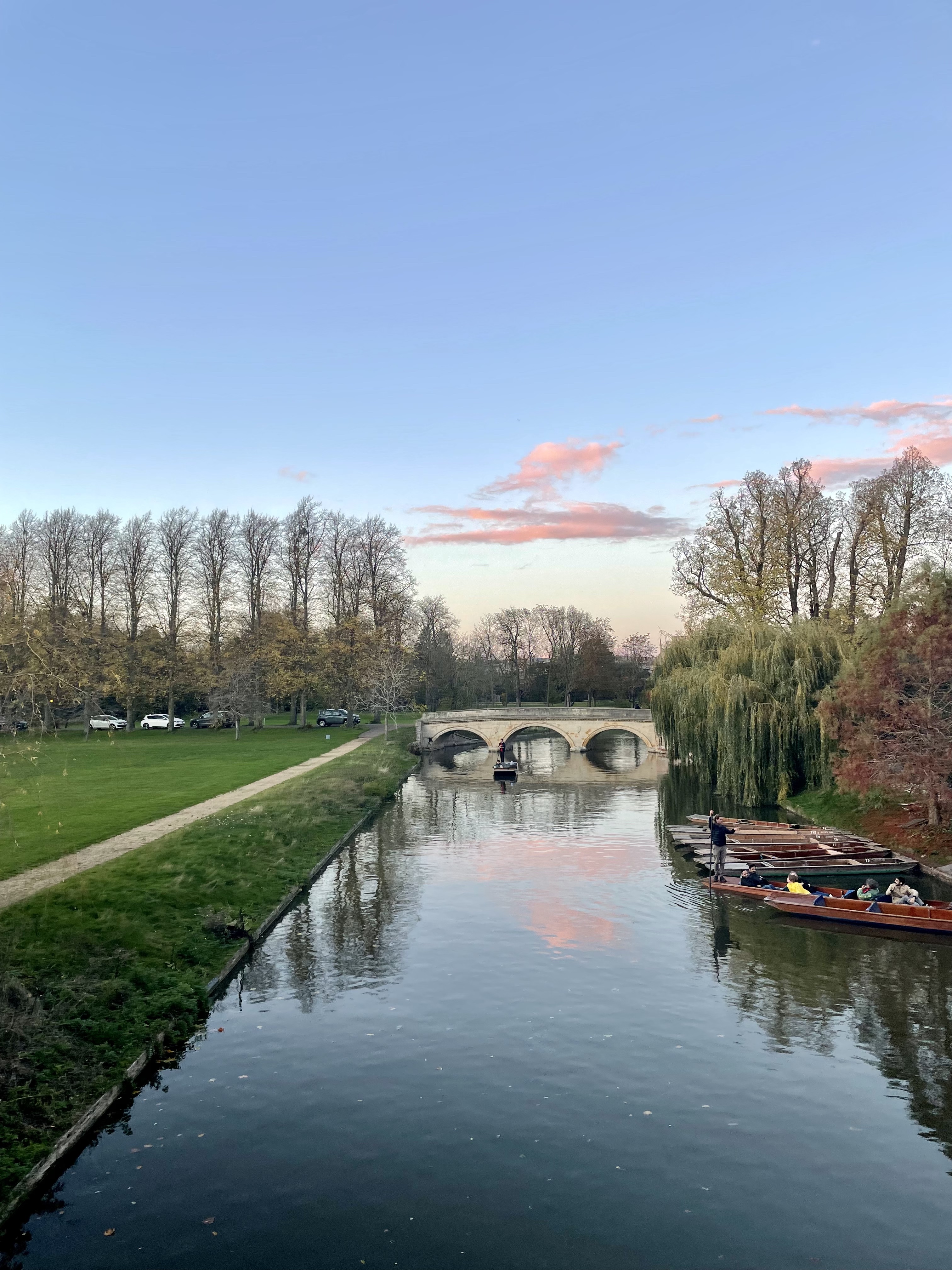
The hands-off approach: University culture in the UK vs the US
As I’ve discussed in previous posts, there is a stronger level of independence expected from college students in the UK versus in the US. I’ve noticed this in two ways: the culture regarding gap years, and the way final exams and midterms are handled.
First, on the topics of finals and midterms, this week is my university’s reading week. Reading week is a time for students to, as the name suggests, catch up on their readings. Often, professors will assign midterms papers or exams due after reading week, so it also serves as a pseudo-finals period for students to have time to revise and/or work on their papers. Since there’s no official finals period here after classes end and all of our finals are due well after the term ends (in the first or second week of the following semester), reading week is the closest we get to that. Back at Wellesley, during our finals period, there will often be study breaks hosted by residence halls and student organizations, emails and posters with study tips sent out from the Office of Student Wellness and other administrative offices, and extended library hours. The administration and student body alike put in extra effort to relieve students’ stress and facilitate our learning, but here, it’s up to you to make the best use of your time as there are no active events going on. Local students end up using the time to go home to their families or travel, so it’s presented as a finals period but ends up being treated more like a vacation. This hands-off approach requires you to be good at time management during your reading week, which I currently find myself struggling with. I have three papers and an exam due next week but am also still trying to go on trips and enjoy my free time. I think it’s in times like these of high stress for students that the lack of guidance can be more overwhelming than it is helpful.
On the flip side, I’ve found that the UK’s expectations for students to be independent can be very beneficial, particularly with students taking gap years in between high school and college. Here, it is much more normal for students to take a gap year after their A-levels (aka high school), particularly if they didn’t get a high enough score to get into the college they wanted. Some students even do a Foundation Year, which gives them an extra year of study before progressing to their university-level program, similar to community college in the States. Also, when students do go on a gap year here, there isn’t an expectation to be busy with an internship or traveling, which I felt was the culture in my own high school. It’s refreshing to be allowed to take a break from school, simply because. It connects to the larger theme of UK students being allowed more independence because they are not expected to follow a linear path of education, and thus don’t need to have a degree by a certain age. They are given a level of trust that I think US students aren’t given, at least not in the same ways, and I think greater acceptance of gap years is a positive development I would love to see back home.
My unrelated photos of the week: my visit to Cambridge!

